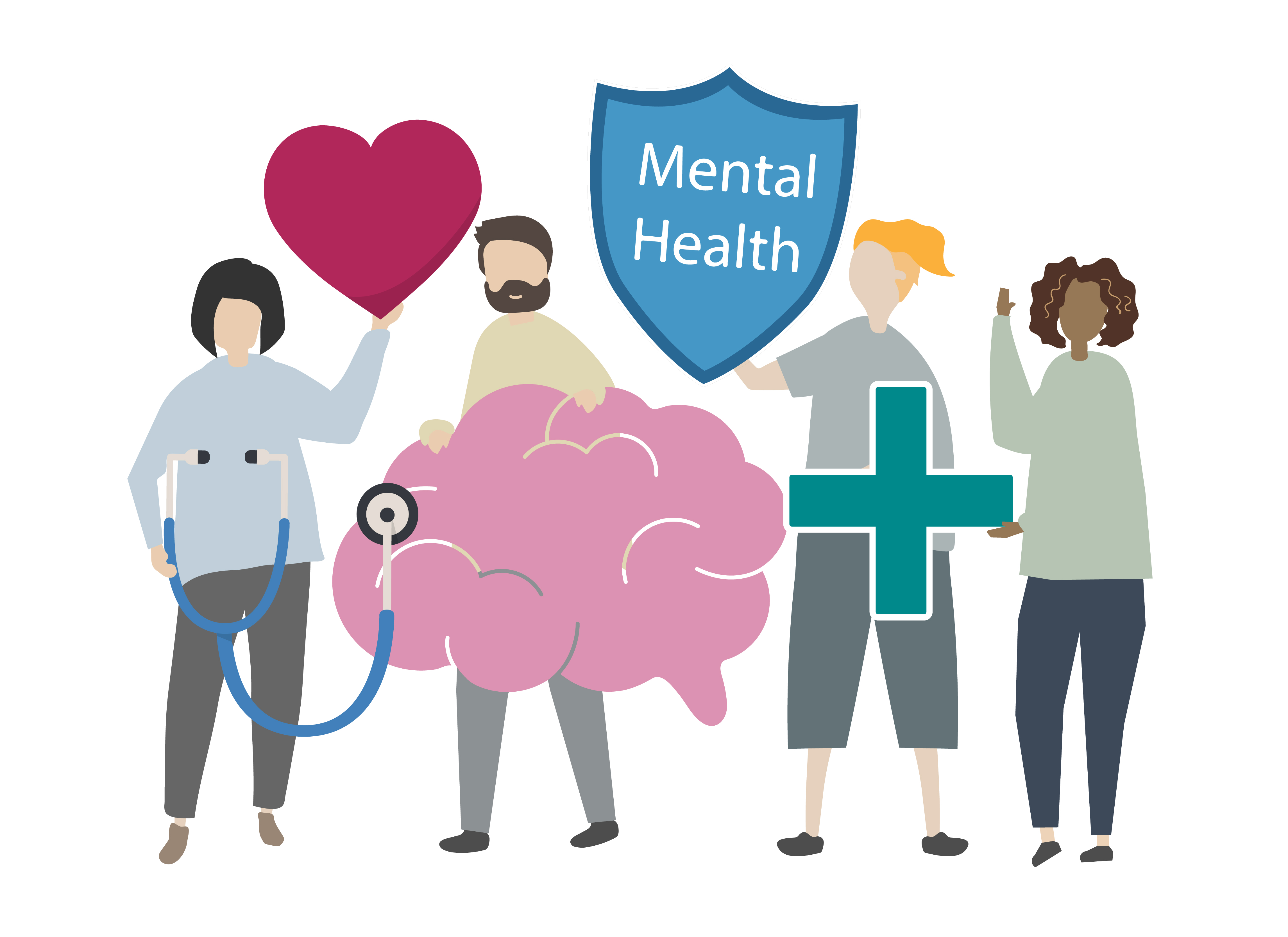Mental health is a topic that has long been shrouded in silence and stigma. For too long, those who struggle with their mental well-being have suffered in silence, feeling the weight of society’s judgment and misunderstanding. But it is time to break the chains that bind us and unmask the truth about mental health.
In a world that often prioritizes physical health over mental health, it is crucial to recognize that our minds are just as significant as our bodies. Mental health is not something to be swept under the rug or ignored; it is an integral part of our overall well-being. We must acknowledge the complexities and nuances of mental health, understanding that it can affect anyone, regardless of age, gender, or background.
By shining a light on mental health, we can challenge the stereotypes and misconceptions that have persisted for far too long. It is not a sign of weakness to ask for help or to share our struggles with others. In fact, reaching out for support is an act of strength and courage. It takes bravery to confront the internal battles we face and seek the assistance we need to heal and grow.
The Origins of Mental Health Stigma
Mental health stigma has deep historical roots. Throughout centuries, societies have held misconceptions and fears surrounding mental illnesses, resulting in the stigmatization of those affected. These negative attitudes and beliefs have shaped the way society perceives and treats individuals with mental health conditions.
In ancient times, mental illnesses were often attributed to supernatural causes or religious beliefs. People believed that individuals with mental health disorders were possessed by evil spirits or cursed by the gods. This led to isolation, exclusion, and even acts of violence against those deemed "mentally ill."
During the Middle Ages, mental health conditions were associated with witchcraft and demonic possession. Those exhibiting signs of mental illness were often accused of being witches or sorcerers. This fueled both fear and prejudice, as society viewed these individuals as dangerous threats to the community.
The advent of psychiatric institutions in the 18th and 19th centuries further contributed to the stigmatization of mental health. These asylums, often overcrowded and lacking proper medical care, were places of confinement for individuals with mental illnesses. The poor conditions, abuse, and neglect faced by those in these institutions deepened the social stigma surrounding mental health.
In conclusion, mental health stigma has evolved over time, influenced by cultural beliefs, religious ideologies, and societal norms. Understanding the historical origins of this stigma helps shed light on the deep-seated biases that continue to impact individuals with mental health conditions today. Breaking the stigma requires ongoing education, awareness, and fostering empathy towards those affected.
Dispelling Myths and Misconceptions
- Mental Health is Not a Sign of Weakness.
It is crucial to debunk the misconception that mental health struggles are a sign of weakness. Mental health issues can affect anyone, regardless of their strength or resilience. Just as physical illnesses can impact our bodies, mental health concerns can affect our minds. It takes great courage to recognize and seek help for these challenges, and doing so should be seen as a sign of strength rather than weakness.

- Mental Health Problems are Not a Result of Personal Failure.
Another common belief that needs to be addressed is the notion that mental health problems are solely caused by personal failure or lack of willpower. Mental health issues are complex and can stem from a combination of genetic, environmental, and social factors. They are not an indication of one’s character or a reflection of personal shortcomings. It is important to approach mental health with empathy and understanding, rather than judgment or blame.
- Mental Health is Not a Rare Occurrence.
Contrary to popular belief, mental health challenges are not rare occurrences. They affect a significant portion of the population worldwide. Mental health disorders can range from anxiety and depression to more severe conditions like schizophrenia or bipolar disorder. By acknowledging the prevalence of mental health issues, we can foster a greater sense of understanding and support for those who may be struggling. It is essential to promote an inclusive society that addresses mental health concerns openly and effectively.
Feeling Numb
Promoting Mental Health Awareness and Support
Mental health is an essential aspect of overall well-being that often goes unnoticed or overlooked. It’s time to break the stigma surrounding mental health and start addressing this issue head-on. By promoting mental health awareness and support, we can make a difference in the lives of many individuals.
Education and Information:
One of the key ways to promote mental health awareness is through education and providing accurate information. By equipping people with knowledge about various mental health disorders, their symptoms, and available treatment options, we can empower individuals to seek help for themselves or their loved ones. Educating communities, schools, and workplaces about mental health can help reduce misperceptions and promote understanding.Destigmatizing Mental Illness:
Stigmatization of mental illness remains a significant barrier preventing individuals from seeking help. We need to challenge the misconceptions and stereotypes surrounding mental health conditions. By sharing stories of recovery, normalizing conversations about mental health, and emphasizing that it is okay to ask for help, we can help reduce the stigma associated with mental illness.Enhancing Support Systems:
Creating a supportive environment is crucial in promoting mental health. This involves fostering a culture that values emotional well-being and provides resources for individuals in need. Encouraging employers to prioritize mental health in the workplace through employee assistance programs, mental health days, and flexible work arrangements can make a meaningful difference. Additionally, ensuring access to affordable and quality mental health services is vital for individuals seeking treatment and support.
By prioritizing mental health awareness and support, we can work towards a society that understands and embraces the importance of mental well-being. Together, let’s break the stigma surrounding mental health and extend our support to those who need it most.



